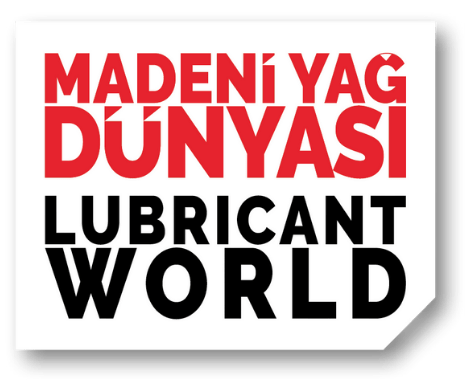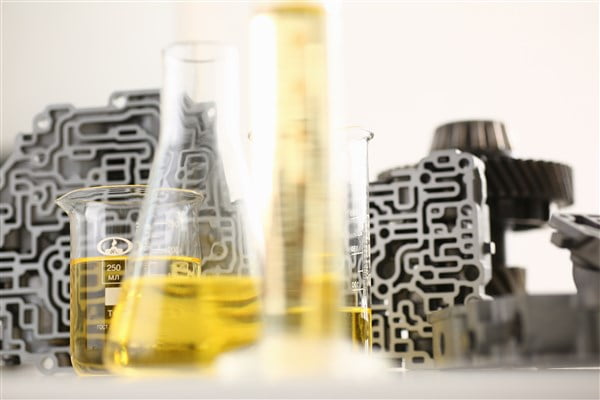PETDER’s 2017 Sector Report reveals that 51 percent of the lubricant consumption in Turkey is composed of automotive lubricants, whereas 40 percent is industrial lubricants, 4 percent is marine lubricants, and 5 percent is greases. In this breakdown, automotive lubricants account for approximately 243,000 tons, industrial lubricants 190,000 tons , marine lubricants 22,000 tons, and greases 22,000 tons. Of the 243,000 tons of vehicle oil consumed in 2017, a large part (204,000 tons, 84 percent) is composed of engine oils, and the remaining part (39,000 tons, 16 percent) is gear and transmission oils. 61 percent of engine oils (124 tons) was used in commercial vehicles, 37 percent (76 tons) in passenger cars, and 2 percent (4 tons) in motorcycles. In terms of industrial oils consumed In 2017, hydraulic oils accounted for 45 percent, process oils 20 percent, transformer oils 7 percent, gear oils 5 percent, metal processing oils 4 percent, other oils accounted for 18 percent (petder.org.tr). In daily use, most of the lubricants and additives contain petroleum-based products which consist of environmentally harmful substances and cannot be disposed of easily.
Mineral-based lubricants have very low degradability in the nature. They also contain various additives, which are highly toxic for the environment.
Plant-based oils as a renewable source are referred as a good alternative to mineral oils, as the former is environment-friendly, non-toxic, and more easily and fast degradable in the nature. In order to eliminate the negative impacts of mineral oils, there is an increased number of studies on synthetic oils, solid oils and plant-based oils which are renewable, less toxic or non-toxic, degradable and environment-friendly compared to petroleum-based oils. These positive impacts have recently made plant-based oils potentially a great alternative for industrial use.
There is a need for state incentives or obligatory practices to start and increase the use of environmental friendly, non-toxic, plant or animal-based, degradable lubricants. Following Germany’s “Blue Angel” environmental label, respectively Scandinavia, USA, Japan and India issued the “White Swan”, “Green Cross” and “Ecomark” labels. These regularly updated ecological labels comprise of the required ecological tests, limitations and the manufacturer’s statements.
Lubricants that decrease wear and friction in mechanical contact play a major role in the world industry and economic development. Plant-based lubricants have certain advantages as they are degradable, environmental friendly, in compliance with additives, low cost in terms of production, being produced in a wide area, non-toxic, have high flash point, low volatility and high viscosity index values. However, they also have some disadvantages such as low thermal balance, oxidative stability, high freeze point and low corrosion resistance. The abovementioned advantages of plant-based lubricants attract interest in environmental-friendly industrial applications.




